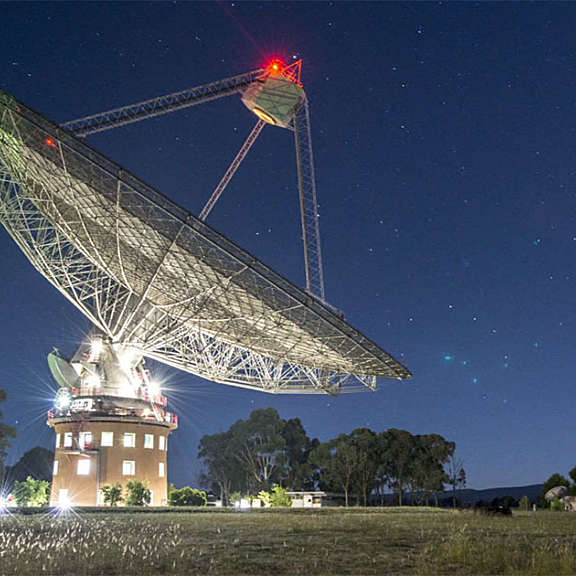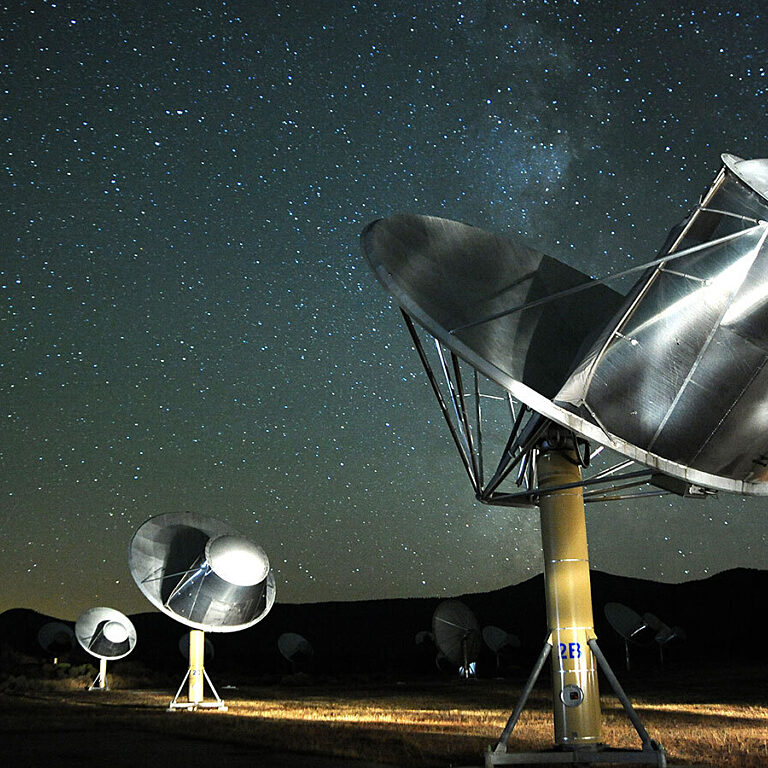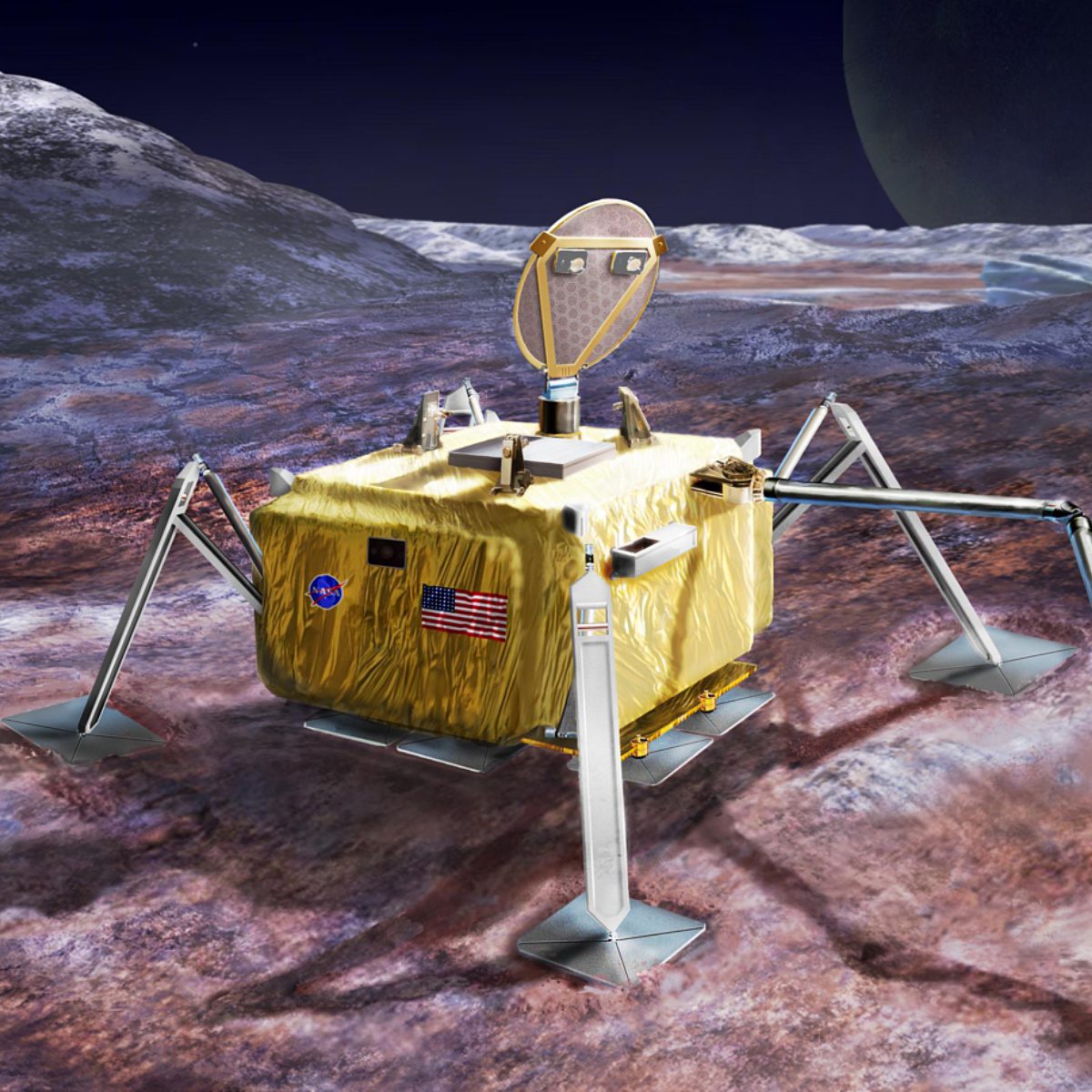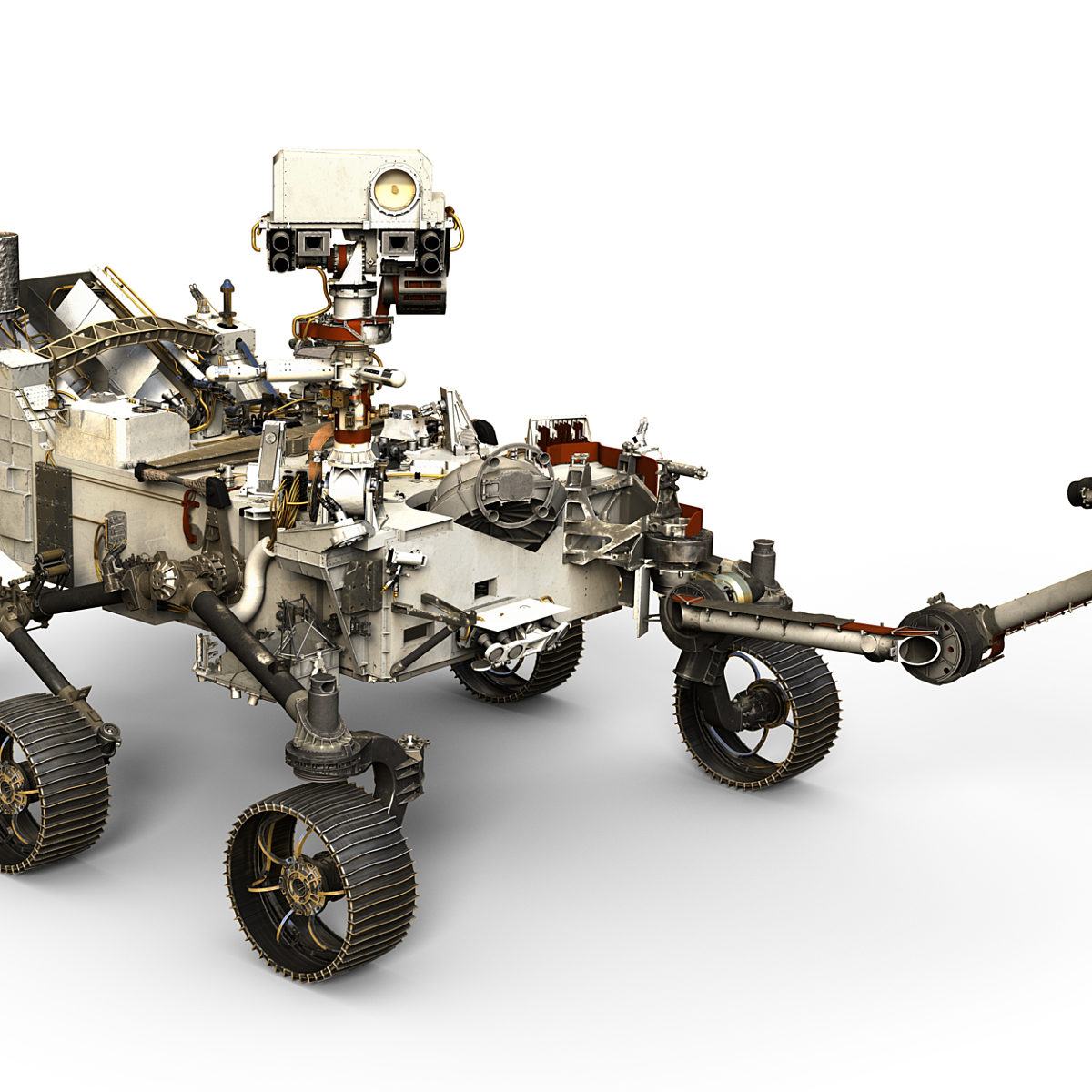All
All
Stories, updates, insights, and original analysis from The Planetary Society.
What changed with space directive #1?
President Trump signed Space Directive #1, formally implementing as policy what Vice President Pence had announced at the first meeting of the National Space Council in October: that NASA will focus its human spaceflight efforts on a return to the Moon, and then onto Mars. What really changed?
Congress rejects graduate student tax
The Planetary Society was proud to join dozens of other scientific organizations in standing against this unnecessary and detrimental tax increase on the future scientific workforce of the United States.
Is There Anybody out There?
The Planetary Society has supported SETI, the search for extraterrestrial intelligence, practically since our founding in 1980. Learn the past, present, and future of SETI.
American R&D Policy and the Push for Small Planetary Missions at NASA
Planetary Society Policy Adviser Jason Callahan summarizes his paper he presented at the 2017 International Astronautical Congress in Australia, where he examined NASA's low-cost Discovery program and how federal policies directed at higher education initially bolstered planetary science into a viable field.
Space Policy & Advocacy Program Quarterly Report - October 2017
As a service to our members and to promote transparency, The Planetary Society's Space Policy and Advocacy team publishes quarterly reports on their activities, actions, priorities, and goals in service of their efforts to promote space science and exploration in Washington, D.C.
Doing SETI Better by Understanding Ourselves
One of the reasons SETI is hard is that we don’t know exactly what we are looking for, and part of that difficulty is that we still aren’t sure of who we are. An astronomer and an anthropologist team up to explore how cultural myopia shape what we can find in the cosmos.
The Senate Makes Its Move: Nearly $200M less for NASA in 2018
The proposed $19.5 billion would be less than the agency received in 2017, and substantially less than that proposed by the House for the coming year.
Space Policy and Advocacy Quarterly Update - July 2017
The Space Policy and Advocacy team has released its first in a series of regular program updates on our activities, actions, and priorities in our effort to promote space science and exploration in Washington, D.C.
From Member to Member
When a Society member met with his member of Congress, he told us about it, and we followed up.
Announcing a New Paper on NASA's Mars Exploration Program
NASA’s robotic Mars Exploration Program is on a troubling path of decline—and decisions must be made now in order to stop it. A new report by the Society explains why.
NASA's 2018 budget request is here, and we broke down the details
The White House's 2018 federal budget request includes $19.1 billion for NASA, which is a 3 percent drop from 2017. We broke down the details.
Planetary Science Just Got Its Best Budget in Years
The President signed the Consolidated Appropriations Act of 2017, funding the U.S. government for the remainder of the fiscal year. NASA got a boost to $19.65 billion, and its Planetary Science Division saw a budget increase to $1.846 billion—its best budget in more than ten years.
Here's our exhaustive guide to Trump's 392-word NASA budget
We break down every sentence from Trump's new NASA budget, so you don't have to.
Congress Delays Action on NASA's 2017 Budget
Congress stands ready to punt on NASA's budget, meaning the space program will have to operate on a short budgetary leash until April of next year.
NASA Under Trump
NASA under a Trump Administration will be hard times for Earth Science, and human spaceflight to the Moon will likely get renewed focus. However, NASA won't go anywhere if massive cuts to spending are enacted as promised.
Carrying names of 440,000 well-wishers, OSIRIS-REx ready for journey to Bennu and back
OSIRIS-REx is ready to begin its journey to Bennu and back. The asteroid was named by a Planetary Society contest winner, and the spacecraft bears the names of 440,000 well-wishers.
Let’s be careful about this “SETI” signal
Several readers have contacted me recently about reports that a group of international astronomers have detected a strong signal coming from a distant star that could be a sign of a high-technology civilization. Here’s my reaction: it’s interesting, but it’s definitely not the sign of an alien civilization—at least not yet.
Listen Up! Microphones to Fly to Mars
The Mars 2020 mission will carry microphones in its EDL package and its SuperCam instrument, which will enable us to finally hear the sounds of Mars. The Planetary Society has been trying to get microphones to Mars for 20 years and is ecstatic that these will fly.
Lockheed Proposes to have Humans Orbiting Mars by 2028
Lockheed Martin proposed a system to send humans to orbit Mars in the year 2028—a concept that shares many core values with The Planetary Society's report, Humans Orbiting Mars, we released last year.
What NASA Can Learn from SpaceX
SpaceX's announcement that it will send Dragon capsules to Mars demonstrates the advantage of having a clear plan to explore the red planet. NASA should take note.


 Explore Worlds
Explore Worlds Find Life
Find Life Defend Earth
Defend Earth


 Sun
Sun Mercury
Mercury Venus
Venus Earth
Earth Mars
Mars Jupiter
Jupiter Saturn
Saturn Uranus
Uranus Neptune
Neptune Small Bodies
Small Bodies















